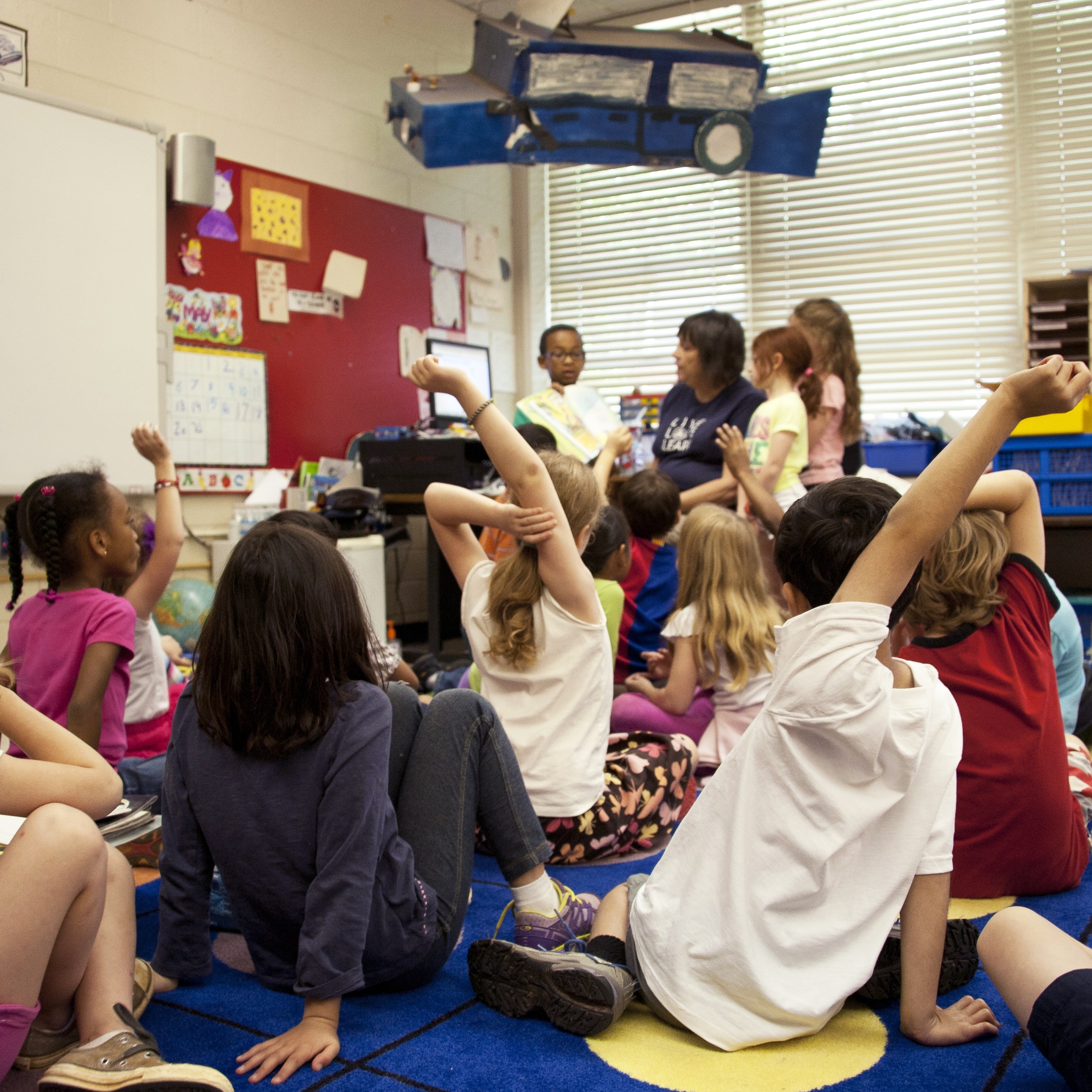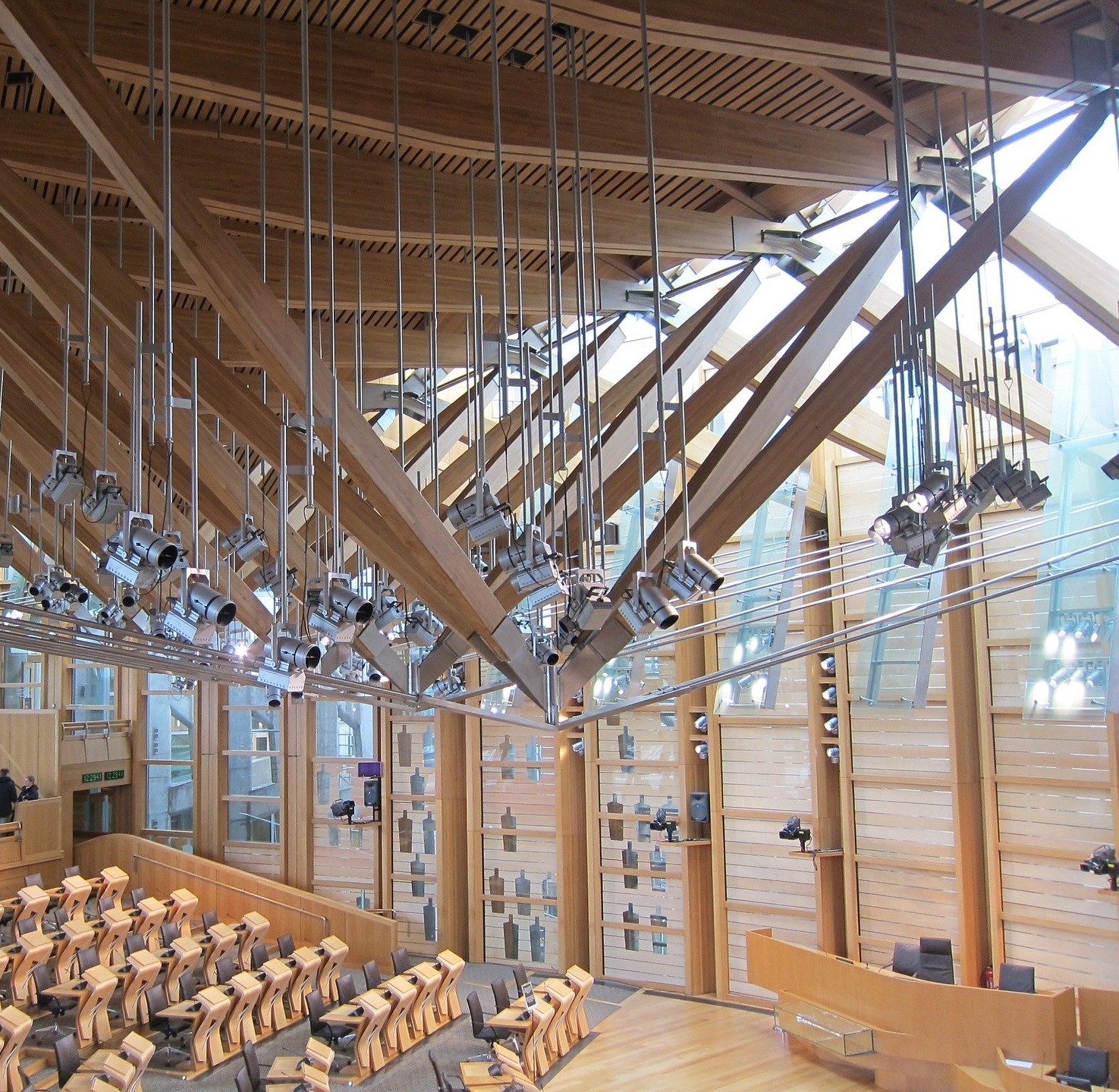Our Health Foundation report ‘Leave no one behind: The state of health and health inequalities in Scotland (click here to access)’ was published earlier in January. It is the summation of a multi-stranded review undertaken over the past 12 months, focusing on how Scotland has fared on health and health inequalities in the two decades since devolution.
The most glaring predicament revealed by the review is that the fortunes of those living in our most deprived communities are peeling away from the rest.
Compiled from research commissioned from the University of Glasgow, the Fraser of Allander Institute, Nesta in Scotland, and the Diffley Partnership, with the help of our expert advisory group, it has revealed some particularly worrying trends.
Poor childhood health, rising infant mortality rates and a persistent attainment gap
Early childhood development and the school years play a crucial role in determining future health. Poor outcomes in childhood can continue to have significant implications in life. For example, school readiness affects educational attainment, eventual access to job opportunities, lifetime income and ultimately health. Yet there are a number of concerning trends that risk the perpetuation of health inequalities for children now and later in their lives.
Infant mortality is a good indicator of societal health. The rate at which children die before their first birthday is rising for people living in the most deprived fifth of areas but is static or falling among the rest.
Since 2000 infant mortality has declined overall. However, from 2014 infant mortality rose in the most deprived areas and fell in the least deprived 60% of areas. Between 2016-18 infant mortality rates in the most deprived areas were 2.6 times the rate in the least deprived areas.
In the past decade, inequalities have also widened for infant immunisation uptake, low birth weight and childhood obesity. The overall proportion of children at risk of obesity has remained stable over the past 20 years in Scotland, with around 1 in 10 children at risk of obesity at the start of school. But the risk of childhood obesity has gradually fallen in the least deprived areas and gradually risen in the most deprived areas. By 2018-19 children living in the most deprived fifth of areas were twice as likely to be at risk of obesity, than those in the least deprived.
Further evidence of the rise in health inequalities is seen in Early Years. The proportion of 27 to 30-month-old children of development concern from the most deprived areas in 2019-20, only matched outcomes of the children from the next most deprived fifth of areas recorded in 2013-14.
The significant poverty-related attainment gap for primary school pupils in Scotland has not closed over the past two decades. The pandemic has reversed any progress in closing a similar attainment gap for secondary age children.
Life expectancy already varies greatly across Scotland. In the most deprived areas, men are dying more than 13 years earlier than their peers in the least deprived areas – and women almost a decade earlier.
Action is needed now to improve outcomes through childhood to support future health and reduce such inequalities.
Building blocks for a healthy community
A healthy community derives from a range of factors: stable jobs, good pay, quality housing and education. Poor health is almost inevitable when some or all of these factors are absent.
Scotland's wide and sustained health inequalities are being driven by the accumulation of severe multiple disadvantages, a lack of improvement in living standards and public service fragility due to the ongoing impact of austerity.
So, we know what is wrong now, in more detail than ever. The question is, what can we do about it? Because, if we fail to change course, Scotland’s most deprived communities are likely to continue suffering from poor quality of life and to die younger.
A radical shift in approach is needed. The Scottish Government, local authorities, businesses and the third sector must come together and collaborate closely with communities. Ultimately, we must shift focus from short-term measures to longer term preventative interventions. This is a wiser use of the funding available which will create a healthier nation.
Our review has shown that the public will support a longer-term approach, and that existing approaches can be adapted to have greater impact. This includes Local Child Poverty Action reports which can be used more effectively to build collaboration across sectors and drive action on underlying causes of poverty which in turn will support better health.
This is no longer about plans and strategies. It is about political will, and decisive action.
David Finch is Assistant Director of the Health Foundation’s Healthy Lives team
Children in Scotland conducted participative research with children and young people about health inequalities from 2019-2020. Click here to find out more about our health inequalities peer research project.









